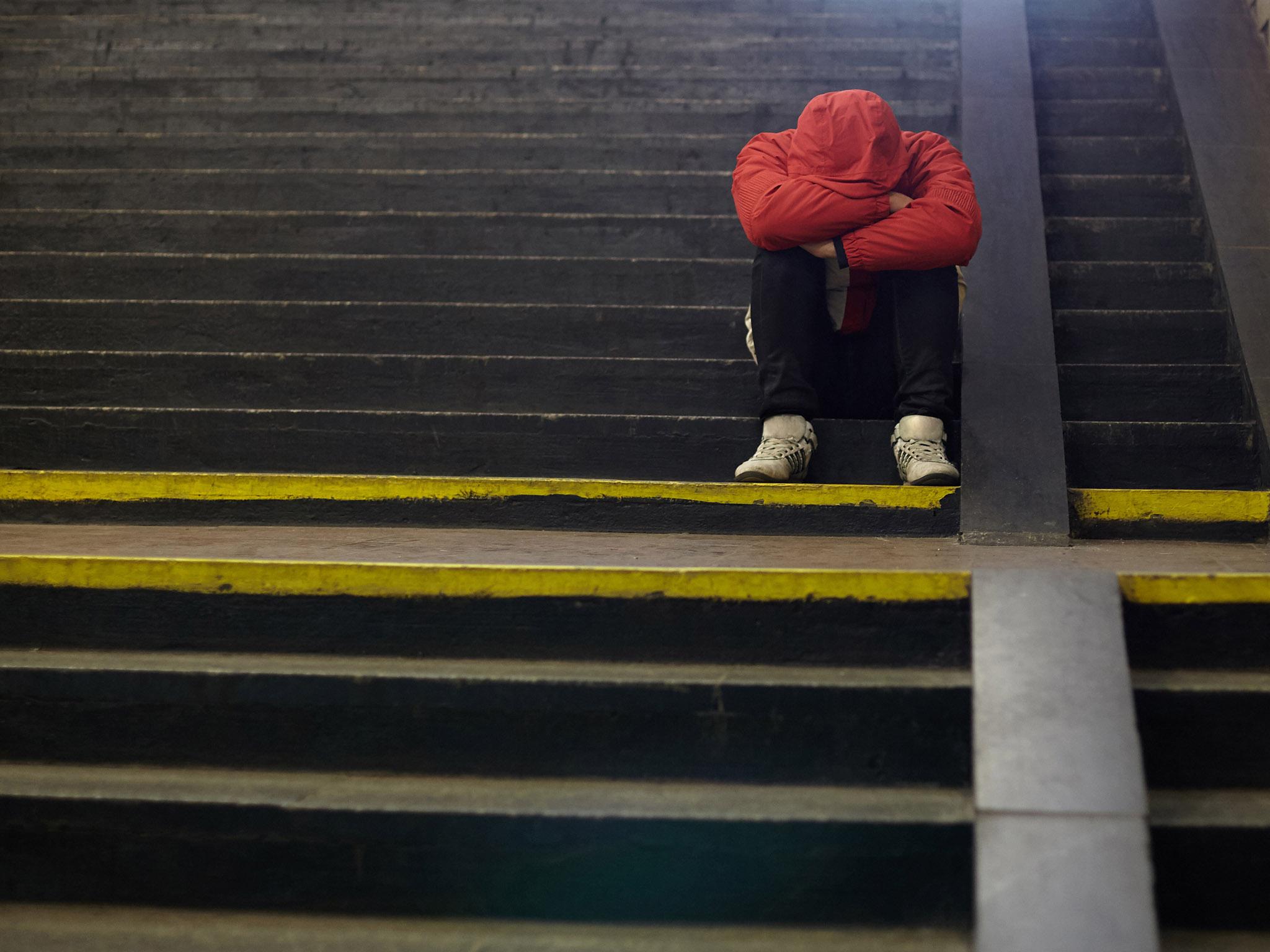‘A sticking plaster’: Fears government plans to rehouse rough sleepers will force thousands back on to streets due to their immigration status
‘Coronavirus does not discriminate on grounds of visa status and nor must public health measures,’ says charity

Your support helps us to tell the story
From reproductive rights to climate change to Big Tech, The Independent is on the ground when the story is developing. Whether it's investigating the financials of Elon Musk's pro-Trump PAC or producing our latest documentary, 'The A Word', which shines a light on the American women fighting for reproductive rights, we know how important it is to parse out the facts from the messaging.
At such a critical moment in US history, we need reporters on the ground. Your donation allows us to keep sending journalists to speak to both sides of the story.
The Independent is trusted by Americans across the entire political spectrum. And unlike many other quality news outlets, we choose not to lock Americans out of our reporting and analysis with paywalls. We believe quality journalism should be available to everyone, paid for by those who can afford it.
Your support makes all the difference.Councils and charities have expressed concern that new government funding to support rough sleepers moving out of hotels will exclude thousands of homeless people because of their immigration status.
The government announced £85m in new funding on Wednesday to provide interim support for about 15,000 vulnerable people who have been accommodated in hotels and other forms of emergency accommodation during the coronavirus pandemic.
Robert Jenrick, the housing secretary, said the money would be used to support rough sleepers and those at risk of homelessness into tenancies of their own, including through help with deposits for accommodation, and securing thousands of alternative rooms already available and ready for use, such as student accommodation.
However, charities said the announcement would amount to only a “sticking plaster” unless it was accompanied by a suspension of the “no recourse to public funds” (NRPF) condition and a commitment for suitable housing for everyone, regardless of their immigration status.
Up to half of homeless people in some areas have an NRPF condition attached to their immigration status, meaning that — although many in this position can legally live and work in the UK — they are not eligible for financial or housing support.
The funding announcement from the government on Wednesday made no mention of whether people with NRPF were to be included. A government spokesperson later told The Independent that local authorities must “use their judgement in assessing what support they may lawfully give to each person on an individual basis, considering that person’s specific circumstances and support needs”.
Ministers have been accused of failing to provide clarity to councils on whether these individuals should be included in the plans to move people on from emergency accommodation, prompting concerns that many will end up back on the street.
Benjamin Morgan, coordinator of the European Economic Area homeless rights project at the Public Interest Law Centre, told The Independent any sustainable strategy to end rough sleeping had to involve “scrapping the disastrous immigration policies” that he said forced some people to sleep rough in the first place.
“Today’s announcement will do little to allay the fears of those we support. It makes no mention of the significant proportion of homeless people – more than 50 percent in some areas – who have no recourse to public funds. Nor is there any clear indication of how the funding is to be allocated or how long it is expected to last,” he added.
“Anything short of an end to the NRPF regime and a commitment to suitable housing for all will only ever be a sticking plaster.”
Anna Miller, head of policy and advocacy at Doctors of the World UK, said that while the funding was welcome, the charity was “disappointed” that support for people with NRPF had not been addressed, despite the fact that restrictions on housing support based on immigration status were a “key driver” of homelessness.
She added: “At our clinic, we often see patients who are barred from accessing support and, if they lose their source of income, end up living in destitution or on the streets.
“It is critical that this support is available to everyone who needs it, regardless of their visa status. This coronavirus does not discriminate on the grounds of visa status and nor must public health measures.“
Councillor David Renard, the Local Government Association’s housing spokesperson, welcomed the funding, but said councils would like to see it followed by an announcement to temporarily remove the NRPF condition during the current crisis to “reduce public health risks and pressures on homelessness services by enabling people to access welfare benefits”.
Announcing the funding, Mr Jenrick said: “In recent months, I have seen a huge effort across the country to keep almost 15,000 vulnerable people off the streets. This has been vital to ensure their safety during the peak of the pandemic and has changed the lives of thousands for the better.
“The additional funding announced today will allow us to continue to support these individuals – giving them access to the accommodation and support they need now while we continue with plans to deliver thousands of long-term homes in the coming months.”
Join our commenting forum
Join thought-provoking conversations, follow other Independent readers and see their replies
Comments